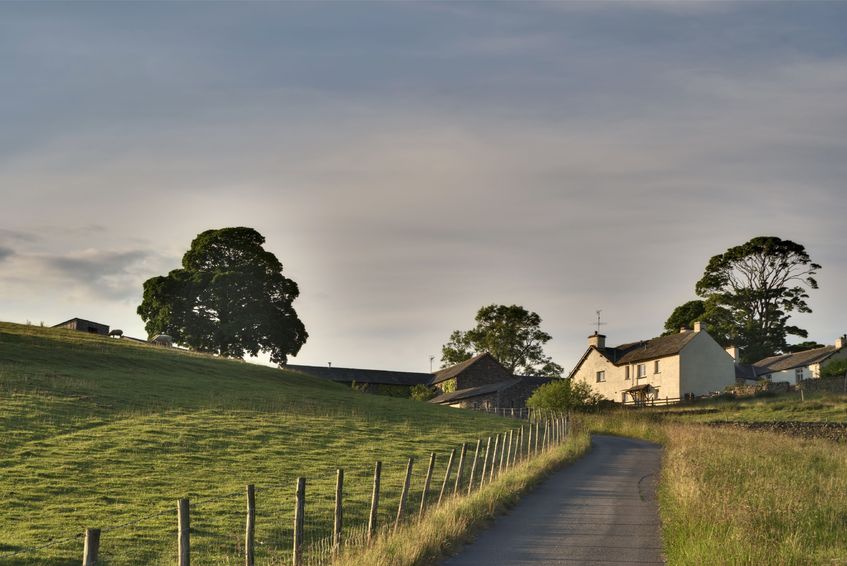
The controversial autumn budget has highlighted the importance of farm succession and investment decisions, according to AHDB analysts.
As farming businesses navigate changes in inheritance tax, analysts at the levy board believe conversations around succession planning may become more important.
A significant number of family farms could be impacted by the tax changes, which limits 100% agricultural property relief to the first £1m of value from April 2026.
Any assets above that threshold will be taxed at 20%, meaning the average farm with a £2.2m holding value would be required to pay £240,000 inheritance tax, repayable over a period of 10 years.
Sarah Baker, AHDB head of economics, said these changes may encourage farmers to think about succession earlier than they would otherwise.
"For example, there is a seven-year rule which applies in the case of land transfers," Ms Baker explained.
"This means that any land gifted to an individual will be free of inheritance tax after seven years. Basically, the benefactor must live for seven years or more after gifting the land”.
Chancellor Rachel Reeves also announced that the agricultural budget would remain unchanged at £2.4 billion for the next financial year,.
But analysis by AHDB shows that the real value of this money has been significantly reduced by inflation, with farm business costs rising on average by 44% since 2019.
It says that farmers are faced with growing uncertainty from economic, market and weather conditions, and may be reluctant to increase borrowings and investments in a range of options from environmental schemes to farm equipment.
With return-on-capital employed at 0.5% in 2022-2023 and the volatility in commodity markets starkly impacting farming bottom lines, the ability to service extra debt is restricted.
This may create the need to sell assets or reduce productivity on farms to support financial viability.
AHDB economics and analysis director, David Eudall, said: “The other consequence of the budget measures is that farm businesses will have to carefully consider operating and investment decisions, as these affect the value of the business and therefore have inheritance tax implications.
“This is of particular concern to us if there is a knock-on impact on agricultural productivity and therefore reduces our levy payer’s resilience to market shocks.
"We are also conscious there may be unintended consequences on self-sufficiency and food security.”
